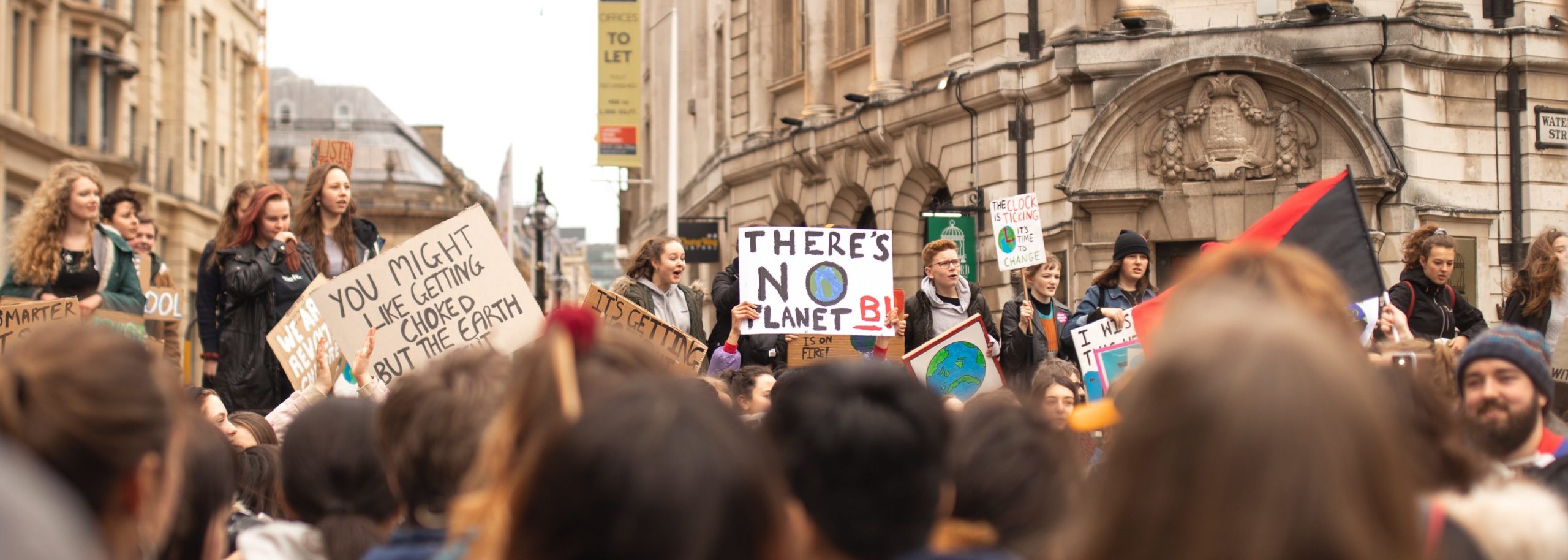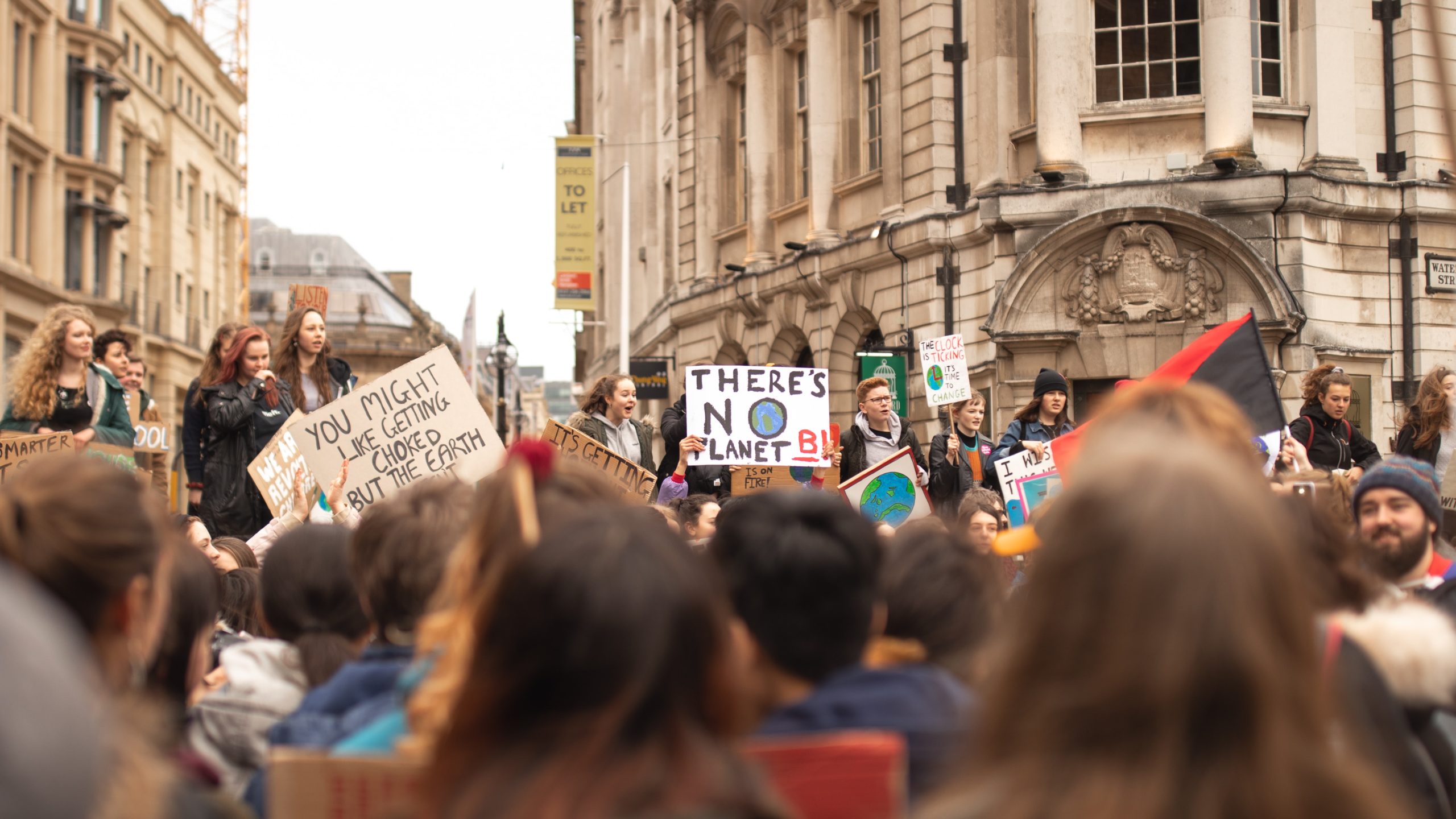Published: 09/30/2021
Stanford’s Human and Planetary Health Postdoctoral Fellow, Britt Wray, helped lead a groundbreaking new study on how climate change – and government inaction – is negatively impacting the mental health of young people. As climate anxiety in youth could be framed as a human rights violation, this could help pave the way for new climate legislation.
By Erika Veidis, CIGH Planetary Health Manager
In the last few weeks, as wildfires continued to rage across California, hurricanes bludgeoned the South, historic flooding took out subway lines in New York City, and other unprecedented natural disasters sidelined communities across the globe, a pervasive sense of dread has started to creep into everyday life. In the context of the most recent IPCC report, these events are particularly jarring. Rather than one-off occurrences sensationalized by the media, they’re part of an evolving narrative of inevitable, accelerating change over the coming decades – and utter disaster for humanity and the planet as we currently know it unless we collectively, as a global community, take urgent action.
A groundbreaking new scientific study has looked at one critical dimension of this growing existential crisis – climate anxiety in youth. In the largest survey ever conducted on climate anxiety in young people, perspectives gathered from over 10,000 youth in over 10 countries found significant levels of psychological distress associated with climate change, exacerbated by the government’s failure to act quickly. About three-quarters of young people felt that the “future is frightening,” about half said that they experienced climate anxiety to a degree that affected their daily lives, and about a quarter indicated fear about having children due to the climate crisis.
Much of climate litigation is rooted in human rights arguments – citing the foundational need for a liveable planet and a sustainable future. Youth-led lawsuits around the world – like Neubauer, et al. v. Germany and the recent European Court of Human Rights case – are increasingly gaining traction and yielding government commitments to curtailing greenhouse gas emissions and accelerating sustainability measures. This new study adds to their case, highlighting the growing climate anxiety in youth as another violation of human rights and impetus for urgent action. The study was launched ahead of a series of landmark climate events bringing together global leaders at the UN General Assembly, the G20 and the climate talks (COP26) in Glasgow, where governments will be pushed to deliver more substantial action.
This research has gained tremendous international attention– including profiles in The Guardian and BBC.
Stanford’s Dr. Britt Wray – a Human & Planetary Health Postdoctoral Fellow based at the Stanford Center for Innovation in Global Health, Stanford Woods Institute for the Environment, and the London School of Hygiene & Tropical Medicine – co-led this study. Dr. Wray’s work explores the various manifestations of ecoanxiety as a response to global environmental challenges and assesses possible paths forward. A globally-recognized leader in this space, her research has been featured on the TED stage and in the New York Times, The Guardian, The New Yorker, Wired, The Sunday Times, Canadian Geographic, BBC Wildlife, and other outlets. She also writes a weekly newsletter about emotions and environmental change called Gen Dread.

